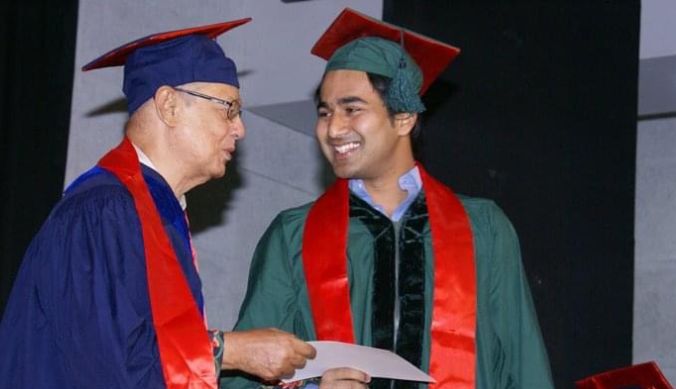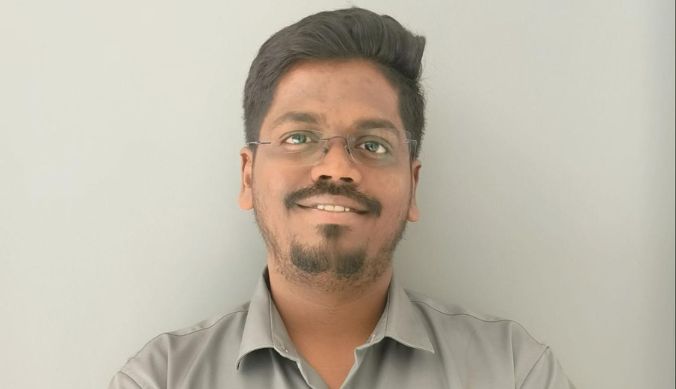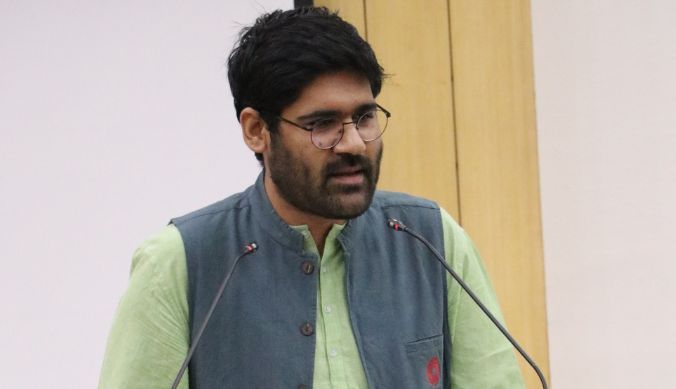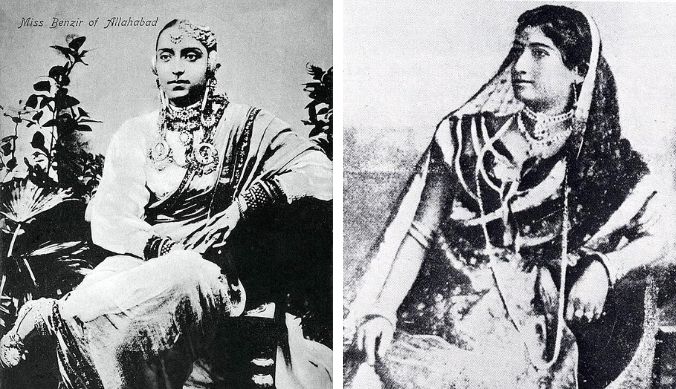#Bookmarked: The Deep Generalist Approach to Navigating the Future of Work
As long as we can figure out a way to build or be a part of diverse learning communities, we can conduct several low-risk professional experiments to sample various options and double down on ones that interest us
Ashoka University has played a pivotal role in shaping my career trajectory. After graduating as the Torchbearer of the Founding Cohort of the Young India Fellowship, I pursued an MBA at INSEAD and a degree in moral philosophy at the University of Oxford. I worked at Microsoft for seven years and quit my job amid the pandemic to set up a global mentorship platform called Network Capital that raised funding from Facebook and eventually sold a stake to an internet infrastructure unicorn. I write for Harvard Business Review and recently published a book, Passion Economy and the Side Hustle Revolution (Penguin).
This is, of course, a snapshot.
There have been several highs and lows along the way. In this article, I want to explain why being a deep generalist matters and how the liberal arts ethos of Ashoka University is essential for young professionals as they navigate the future of work.
To experiment or to specialise?
As a kid, tennis star Roger Federer dabbled with basketball, handball, skiing, wrestling, swimming, table tennis and skateboarding. When he began gravitating towards tennis, his parents cautioned him against taking the sport too seriously. Essentially, when they discovered his love for sports, they encouraged him to have what author Dave Epstein calls a sampling period—low-risk experiments meant to organically discover what one loves doing and wants to succeed in the most.
Golf legend Tiger Woods, on the other hand, specialised under his father’s tutelage before he turned three. Wood’s learning path of early specialisation has become the default template for schools and colleges that want to prime students for excellence. Even in most modern workplaces, a disproportionate emphasis is on having narrow but marketable skills. While there is nothing wrong with having an area of focus, one should be mindful of the perils of early specialisation. There are three key reasons for that.
First, we tend to specialise without knowing why. More than 80% of people work in areas that have nothing to do with their field of study. In India, for example, most students first graduate from courses like engineering and then figure out what they want to do with their lives. Spending four years of one’s life getting deep into a subject one does not particularly care about is a colossal waste of time, energy and money.
Second, it hinders lateral thinking, a problem-solving approach that draws upon seemingly disparate concepts and domains. Most innovators are lateral thinkers. Their lateral thinking is a direct result of combining different strands of thoughts and learning from different contexts. Leonardo Da Vinci combined art and engineering, Steve Jobs built upon the interconnectedness of design, fashion and technology, and Richard Feynman, a Nobel Laureate in Physics, is known to draw upon references from music.
Third, people with a narrow set of skills tend to approach every problem through the same lens. That not only ignores loopholes in one’s hypothesis but also amplifies biases. As investor Charlie Munger puts it, “To a man with a hammer, everything looks like a nail.”
The Deep Generalist Manifesto
So, if early specialisation can backfire, should we all snack on an array of ideas, insights and interests? The short answer is no. The future belongs to deep generalists, a term popularised by Jotform CEO Aytekin Tank. These are people who combine two or more diverse domains and integrate them into something defensible and unique.
In the 21st century, with the mainstreaming of automation and AI, some jobs will be automated, while some will be redundant. Even highly trained and accomplished professionals—radiologists, traders, programmers—might lose their jobs to algorithms if they are over-reliant on their narrow set of specialised skills.
On the other hand, deep generalists will not only keep their jobs but also be able to demand a premium for what they bring to the table. These are the professionals who will push the boundaries for creativity and innovation in the AI era. Their competitive advantage—a unique combination of breadth and depth—will propel them to learn, unlearn and develop innovative solutions consistently.

The Pivotal Career Decision
One of the best professional decisions I took in my early twenties was to invest a year studying liberal arts at Ashoka University. I was part of the first cohort of the Young India Fellowship, where 57 of us learned the art of connecting ideas from different walks of life. Studying anthropology, philosophy, history, literature, art, and economics after a couple of years of work experience helped me understand what I wanted to do and why. Most importantly, it set me on the path to becoming a deep generalist by strengthening my lateral thinking ability. That is, of course, clearer in retrospect. I did not pursue the fellowship to become a generalist or a specialist. I was simply following my curiosity.
I chose to take a year out to study before heading for my MBA, but there are many other ways to achieve the same goal. As long as we can figure out a way to build or be a part of diverse learning communities, we can conduct several low-risk professional experiments to sample various options and double down on ones that interest us. I am not saying that sampling will make all of us like Roger Federer or Richard Feynman, but it will position us to make thoughtful career decisions.
In the age of widespread automation, learning and unlearning will be a lifelong pursuit. Tools and technologies will constantly change. While this might unsettle those with a narrow set of skills, it will empower deep generalists to create new opportunities they have nurtured over years of building lateral thinking and conducting repeated experiments to figure out how they want to contribute to the ever-changing world around them.
(Written by Utkarsh Amitabh, a Young India Fellow from the founding cohort. He is the founder of Network Capital, a Chevening Fellow at the University of Oxford and a writer at Harvard Business Review)
Study at Ashoka













